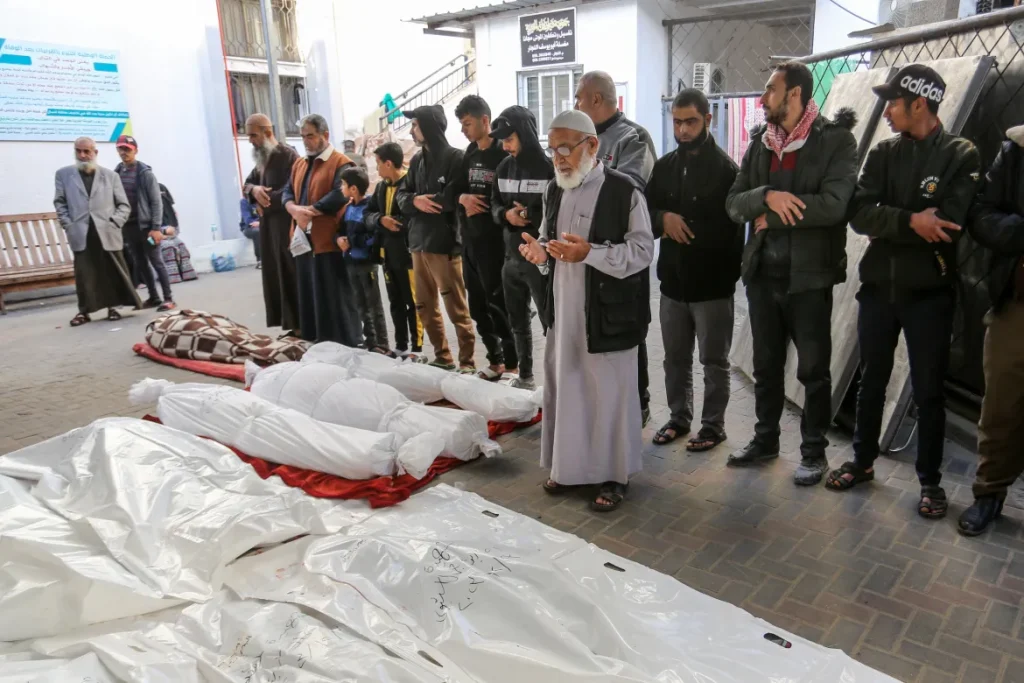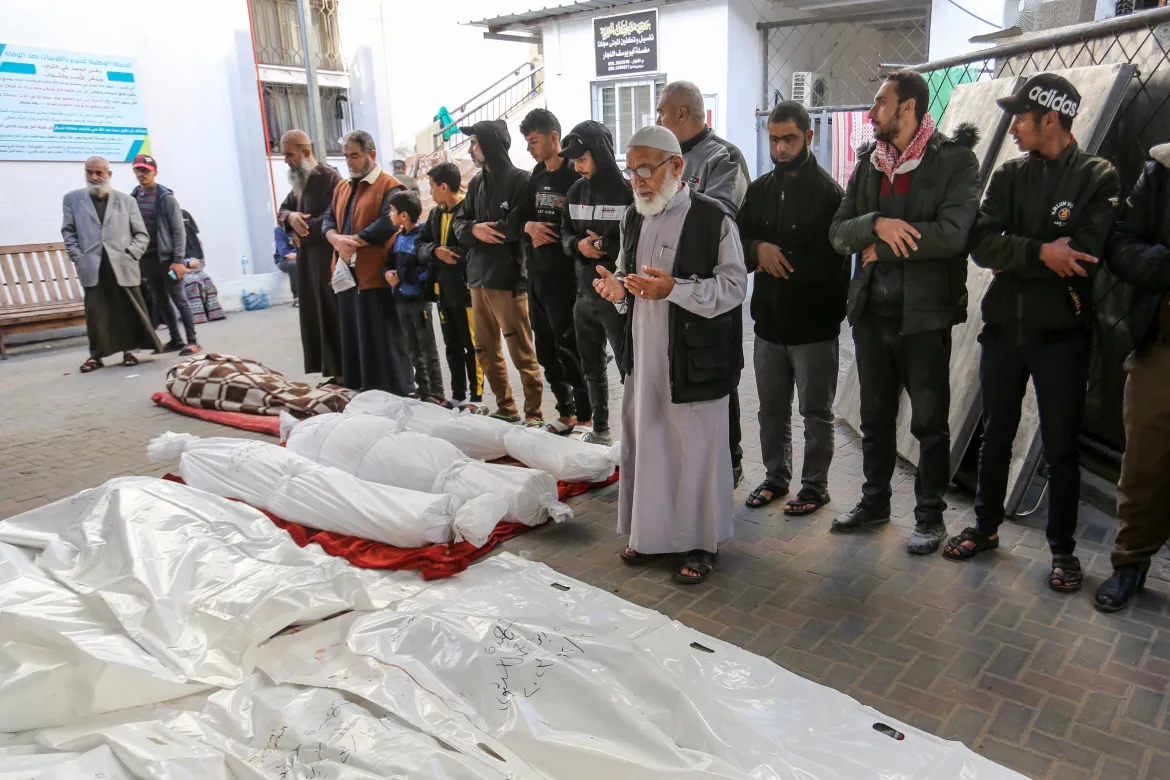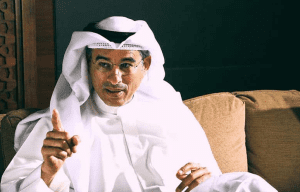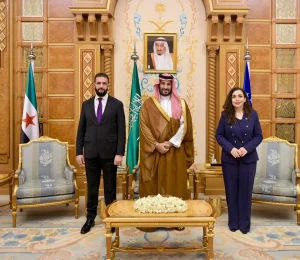The UN Security Council prepares to vote on the future of the UNIFIL peacekeeping force in Lebanon, weighing extension and gradual withdrawal amid rising regional tensions.

UN Security Council Faces Critical Decision
The United Nations Security Council is preparing to vote on the future of the United Nations Interim Force in Lebanon (UNIFIL). The resolution, drafted by France, proposes extending UNIFIL’s mandate until August 31, 2026 while preparing for a gradual withdrawal.
Deployed in 1978, UNIFIL’s mission has been to separate Israel and Lebanon and maintain stability in southern Lebanon. Today, the force faces new scrutiny as conflicts in the region intensify and political pressure mounts on both Lebanon and Israel.
Transition to Lebanese Control
The draft resolution emphasizes the Security Council’s intention “to work on a withdrawal of UNIFIL with the aim of making the Lebanese Government the sole provider of security in southern Lebanon.”
This transition aligns with long-standing goals set after the 2006 war between Israel and Hezbollah, when Lebanon’s army began to deploy in the south and dismantle Hezbollah’s infrastructure.
Yet, a key element of that agreement remains unresolved: Israel was meant to fully withdraw from Lebanon but continues military strikes across Lebanese territory. These operations complicate both UNIFIL’s mandate and Lebanon’s sovereignty.
UN Condemnation of Attacks on Peacekeepers
The draft text also condemns “the incidents that affected UNIFIL premises and forces, injuring several peacekeepers.” This refers to recent Israeli airstrikes that damaged UN positions. While Israel is not directly named in the resolution, the language underscores growing international frustration over attacks against UN forces.
Such incidents raise questions about the safety of peacekeepers and the viability of UNIFIL’s continued presence under worsening conditions. For many Security Council members, the protection of peacekeeping troops remains non-negotiable.
Risks of an Abrupt Withdrawal
Before the vote, a senior UN official issued a warning. “To completely eliminate [UNIFIL’s] capacity at this point, or very quickly, would not serve anybody in the region,” the official said. An abrupt withdrawal could destabilize southern Lebanon, create a security vacuum, and embolden armed groups.
The stakes are high. Without UNIFIL, Lebanon’s army may struggle to manage tensions alone, while Hezbollah could expand its role, heightening regional conflict risks with Israel.
France’s Balancing Act
France, a long-time advocate for Lebanon, drafted the resolution as a compromise. By extending UNIFIL’s mandate while preparing for withdrawal, Paris hopes to balance international concerns, Israel’s demands, and Lebanon’s domestic challenges.
This balancing act reflects the reality of UN diplomacy. The Security Council must weigh not only the security needs of Lebanon but also the broader Middle East geopolitical landscape.
What’s at Stake for Lebanon and the Region
For Lebanon, the resolution signals both reassurance and uncertainty. The extension until 2026 provides immediate stability but raises questions about long-term sovereignty. Lebanese leaders want to demonstrate they can secure the south without foreign troops, but the task remains daunting.
For Israel, the debate over UNIFIL highlights ongoing mistrust of international peacekeeping. Israel argues that UNIFIL has been ineffective in curbing Hezbollah’s influence, while critics accuse Israel of undermining the mission through continued strikes.
For the wider region, the decision reflects the UN’s challenge of maintaining peace operations in volatile conflict zones. Any misstep could escalate into renewed confrontation.
Looking Ahead
As the Middle East faces overlapping crises—from Gaza to Syria—the future of UNIFIL stands as a critical test of the UN’s ability to manage fragile ceasefires and prevent escalation.
The Security Council vote on Monday will shape not only UNIFIL’s future but also the security architecture of southern Lebanon. Whether the force remains or prepares for a slow exit, the decision will influence Israel-Lebanon relations, Hezbollah’s role, and the UN’s credibility in peacekeeping.














Comments are closed.